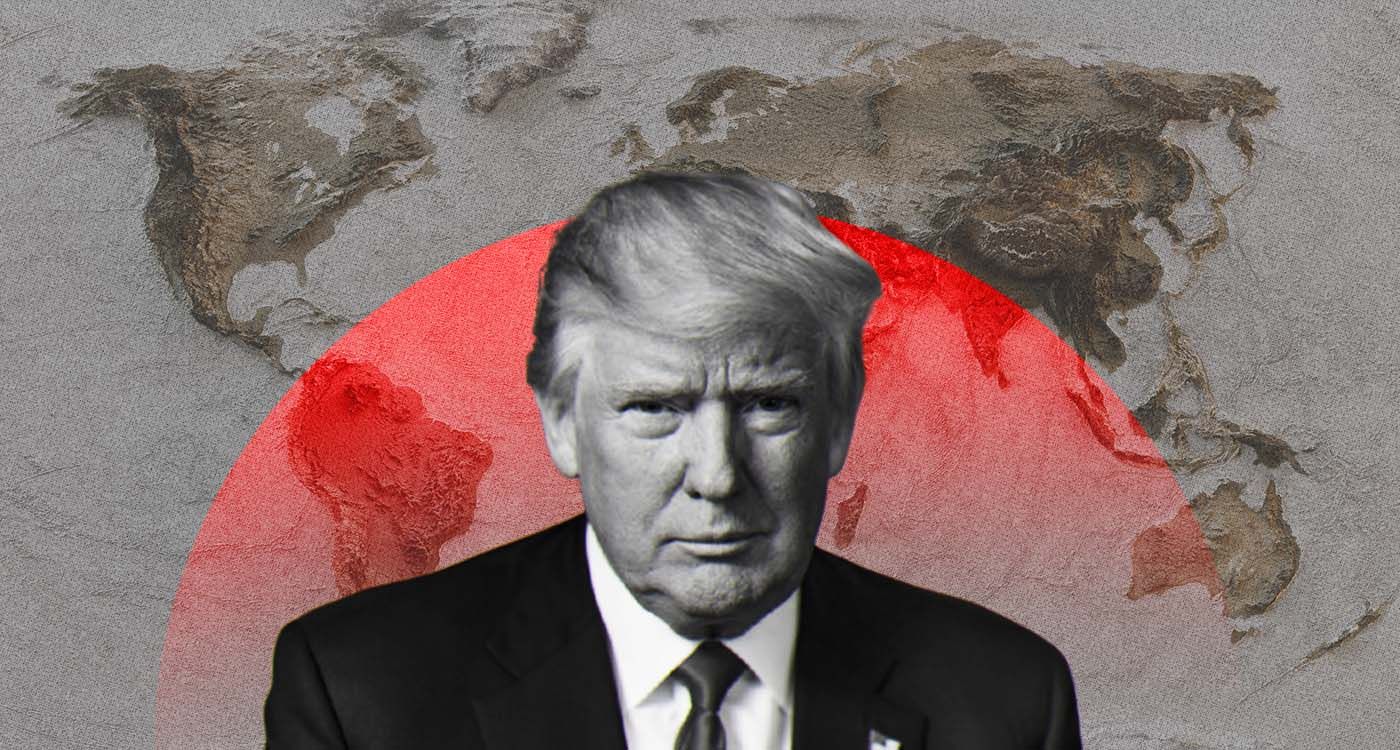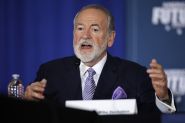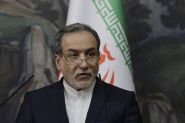- Home
- Middle East
- Trump’s Disruptions: The End of the Rule-Based Order

©This is Beirut
At first glance, Trump’s new foreign policy approach may seem impulsive, erratic or even personal. But beneath the surface lies a disruptive yet coherent strategic vision. Trump’s foreign policy is rooted in a distinctly realist worldview—one that prizes power and national interest above moralistic crusades or ideological commitments. In this view, the United States should no longer bear the burden of defending democracy globally or upholding liberal international norms. Instead, America should act in its interest, protect its own backyard and strike deals when it serves its goals.
This realism was clearly on display during Trump’s interactions with Ukrainian President Volodymyr Zelensky. Unlike President Biden, who positioned the defense of Ukraine as a moral duty and a fight for global democracy, Trump viewed it as a bad deal. His posture was transactional and blunt: either make a compromise with Russia or fight it out without the US. “You don’t have the cards,” he told Zelensky.
However, Trump’s realism isn’t purely academic. It’s laced with the instincts of a businessman—deal-making, leverage, threats and optics matter as much as actual outcomes. While some international relations scholars find echoes of classic realism, others argue Trump’s version is more volatile and performative, driven by immediate gratification and personal legacy.
Another layer of Trump’s strategy lies in what some call the “Reverse Kissinger” approach. In the 1970s, Richard Nixon and Henry Kissinger engineered a diplomatic coup by prying Maoist China away from the Soviet Union. Now, Trump seems to envision a mirrored strategy: reaching out to Moscow in an attempt to weaken the growing alliance between Russia and China.
This outreach to Moscow would involve easing sanctions, offering selective economic incentives and cooperating on shared security concerns—perhaps on nuclear arms control, Middle East stability or energy. But the risks are considerable. Putin could accept these overtures without fundamentally weakening ties with Beijing. Worse, a US-Russia rapprochement might fracture NATO, embolden Putin’s territorial ambitions and shake the very foundations of European security.
For Europe, this potential pivot feels like a betrayal. The continent is already scrambling to rearm and prepare for a future without guaranteed US protection. Trump’s transactional overtures to Putin threaten to replace decades of transatlantic solidarity with uncertainty and distrust.
Perhaps the most radical dimension of Trump’s foreign policy is his apparent embrace of “spheres of influence”—the idea that great powers have the right to dominate their immediate geographic neighborhoods. From suggesting the US should annex Greenland or reclaim the Panama Canal, to dismissing Canada as a “fake country” that should be absorbed, Trump is reviving 19th-century ideas of territorial control in a 21st-century context.
This isn’t mere rhetoric. It reflects a deeper belief that America should no longer play global sheriff but should instead consolidate its own sphere and allow rivals to do the same. In such a world, China dominates Asia, Russia controls Eastern Europe and the United States focuses on the Western Hemisphere.
The implications are seismic. Ukraine would likely be sacrificed to Russia’s sphere. Taiwan, increasingly isolated, would face Chinese coercion with little American backing. Smaller nations caught in the crossfire of great power rivalry would find themselves abandoned—treated not as sovereign equals, but as expendable pieces on a global chessboard.
This vision finds uncomfortable parallels with the worldviews of Vladimir Putin and Xi Jinping. It also risks aligning America with authoritarian tactics and weakening its global moral authority. As one analyst warned, “If Trump becomes Xi Jinping, then what’s the difference between China and the US?”
Trump’s foreign policy isn’t without logic. But it’s also not without danger. His doctrine is inherently disruptive, and that disruption—while sometimes necessary—comes with enormous risks. The unpredictability of his approach, the impulsive zigzagging between realism and showmanship and the potential abandonment of allies could leave the global order in disarray.
Nations like India are already hedging their bets. If America becomes too transactional, too untrustworthy, they might turn toward China—or build independent power centers to survive a multipolar world where alliances are no longer sacred.
Trump’s second term is not just a shift in tone—it is a tectonic realignment. The liberal world order, built after World War II and maintained by decades of bipartisan US leadership, would be placed on trial. In its place, Trump offers a new, unapologetic vision of America: blunt, self-interested and unbound by the past.
Whether that vision will lead to greater stability or open the door to chaos remains to be seen. But one thing is clear: the world order is changing, and the stakes have never been higher.
Read more




Comments